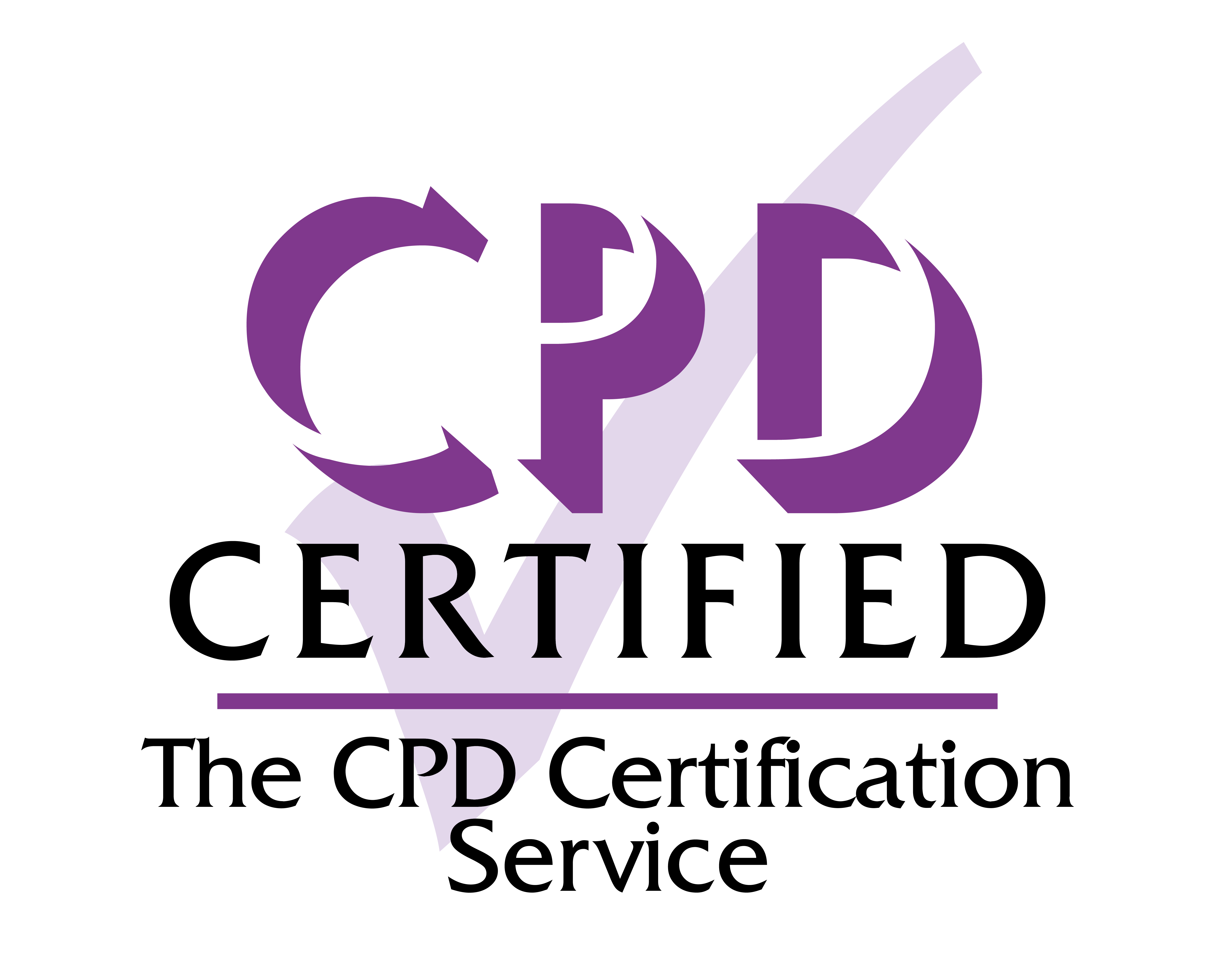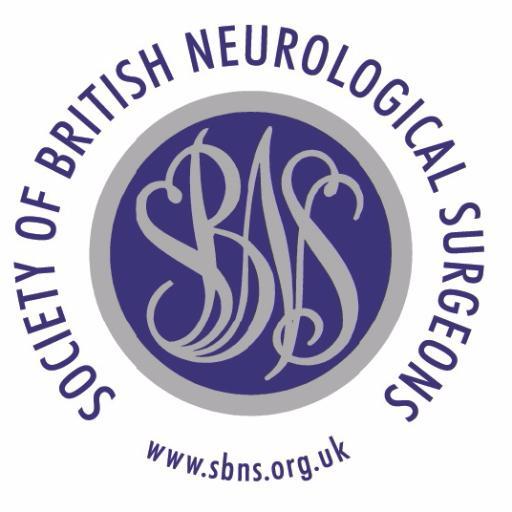Key information
Price
US$2,565
Commitment
8 hours per week
Study mode
Tutor guided
Certificate of Achievement
Evidence your learning with a Certificate of Achievement from the University of Cambridge on successful completion.
Duration of 6 weeks
Regular weekly participation is key to gaining the most from your learning experience.
About the course
Neuroscience is one of the most exciting and fastest-growing fields in life sciences. This fascinating six-week course, delivered by world-leading neuroscientists from the University of Cambridge, takes you on a deep dive into functional neuroanatomy – the intricate structure and function of the human brain.
Drawing on real-life examples, the course brings core anatomical knowledge to life through videos and images from University of Cambridge dissecting rooms, helping you to visualise the brain’s structure at microscopic and macroscopic levels. You’ll explore the regions of the brain involved in key functions like sensation, movement and storing memories.
This course, which is certified by the Society of British Neurological Surgeons, equips you with the practical skills to identify and label key brain structures and pathways while recognising and interpreting microscopic brain structure. Through hands-on activities and engaging clinical puzzles, you’ll learn to pinpoint brain injury sites using clinical signs, images and patient history. You’ll also examine how damage to specific brain structures leads to functional deficits caused by conditions like stroke, trauma or neurodegenerative diseases including Alzheimer’s or Parkinson’s.
Designed for anyone seeking to deepen their understanding of the human brain and spinal cord, this course welcomes participants from medicine, research and industry. Whether you are expanding your expertise or exploring neuroanatomy for the first time, you’ll gain valuable the skills and confidence to apply neuroanatomical knowledge to real-world scenarios.

This course equals 48 hours of the CPD Certification Service(Opens in a new window) time.

Accredited by the Society of British Neurological Surgeons(Opens in a new window)
This course covers the key aspects of functional neuroanatomy – from brain development and macroscopic organisation to blood supply. You’ll explore the brain’s microscopic structure, including sensory regions for vision, smell and hearing – and the impacts of injury or disease. You’ll examine key anatomical pathways for touch, pain and movement control, alongside the basal ganglia’s role in neurological disorders. And you’ll also explore brain regions involved in emotional regulation, language and memory, along with what happens when these are damaged.
Module 1: Macroscopic brain structure underlying function and brain imaging
Module 2: Microscopic brain structure underlying function and the anatomy of special senses
Module 3: The anatomy of touch and pain
Module 4: The anatomy of movement
Module 5: Basal ganglia
Module 6: The anatomy of emotion and cognition
By the end of this course, you will be able to:
describe different regions of the brain, differentiate their function and evaluate their potential clinical relevance
compare and differentiate different methods of live macroscopic imaging of human brain structure and vasculature; interpret images
identify, map and label key functional structures and pathways in the brain
recognise, analyse and interpret microscopic brain structure
identify sites of injury based on clinical signs and symptoms, brain images and patient history.
On successful completion of the course, you’ll receive a certificate from the University of Cambridge, along with valuable Continuing Professional Development (CPD) points and a digital badge to display on your LinkedIn profile. These Cambridge credentials not only showcase your knowledge and expertise, but also demonstrate your commitment to professional development – helping to future-proof your career.
This course is ideal for a wide range of professionals and researchers seeking to deepen their understanding of brain anatomy and its functional relevance:
Pre-clinical medical students: Those in the early stages of medical training who wish to build a strong foundation in neuroanatomy to underpin future clinical learning and practice.
Junior doctors: Junior medical professionals seeking to expand their neuroanatomy knowledge to support clinical decision-making and enhance their diagnostic skills.
Registrars: Senior medical professionals who want to deepen or refresh their understanding of functional neuroanatomy to improve patient care.
Allied health professionals: Healthcare practitioners who need a clear understanding of brain structure and function to support rehabilitation and patient treatment plans.
Graduate students: Students pursuing advanced studies in neuroscience, medicine or related fields who wish to gain a comprehensive understanding of neuroanatomy with a functional and clinical emphasis.
Professionals in research and industry: Professionals working in research, biotechnology or in the pharmaceutical sector who need a solid foundation in functional neuroanatomy to support their work.
Our flexible, online courses – delivered via a world-leading learning platform – reflect the University of Cambridge experience and values, with low learner-to-tutor ratios and academically rigorous standards.
Our online learning model is designed to help you advance your skills and specialise in emerging areas that address real-world challenges. We will help you build your network through an engaging and impactful learning journey that encourages collaboration with academics and fellow learners.
Courses are delivered in weekly modules, allowing you to plan your time effectively around existing commitments. There is an optional weekly live session, which is recorded for anyone who can’t attend. The assessment criteria will be presented to you at the start of the course, so you can approach your studies with confidence and motivation, knowing exactly what’s expected of you and how to meet those expectations.
Throughout your online learning experience with Cambridge Advance Online, you’ll have digital access to a dedicated course tutor, an expert in the field, who will help steer your learning and provide you with support and guidance every step of the way.
Level of knowledge and experience
You’ll need a good level of spoken and written English to make the most of the course (we recommend English language proficiency equivalent to an IELTS score of 7).
A foundational understanding of biological sciences, such as the first year of a biomedical degree or a medical professional diploma, will support learning. Basic anatomy knowledge is helpful but not essential, as we begin with the fundamentals of neuroanatomy. Enthusiasm for the subject is the most important qualification.
Materials and equipment
No specialist software or IT equipment required.
Sufficient internet speed (2 Mbps up/down) for video streaming.
University of Cambridge course leads

Susan Jones PhD
Associate Professor at the University of Cambridge; Group Leader in cellular neurophysiology in the Department of Physiology, Development and Neuroscience (PDN); Human Neuroanatomy course organiser for undergraduate medical students.
Hannah Clarke PhD
Associate Professor at the University of Cambridge; Group Leader in the neurobiology and psychology of behaviour; deputy course organiser, Human Neuroanatomy for undergraduate medical students.Elisa Galliano PhD
Assistant Professor at the University of Cambridge; Group Leader in neuronal plasticity in sensorimotor systems in PDN; leads practicals on brain histology for undergraduate and postgraduate students.
Professor Steve Edgley PhD
Director of Studies in Preclinical Medicine, St John's College, University of CambridgeProfessor at the University of Cambridge; Group Leader in sensorimotor neurophysiology in PDN, Head of Teaching in PDN.
What our learners are saying
I loved learning about all the different parts of the brain and how they work. I think the way in which the neuroanatomy content was taught was excellent, and very easy to follow and understand! Having the constant support of tutors and other peers was also very encouraging!
"The personal element to the course made me feel more invested, especially being able to interact with the tutors during live Sessions. The tutors were always patient, kind and encouraging of all doubts and comments. They each had a distinct style and I enjoyed it thoroughly.
I am now much more confident in identifying the different parts of the basal ganglia and hippocampus, and I really like the tips that we get along the way in learning to remember the names and locations of different structures.
Let’s keep in touch
Sign up here to receive news and updates about Cambridge Advance Online courses from us and relevant university departments.

